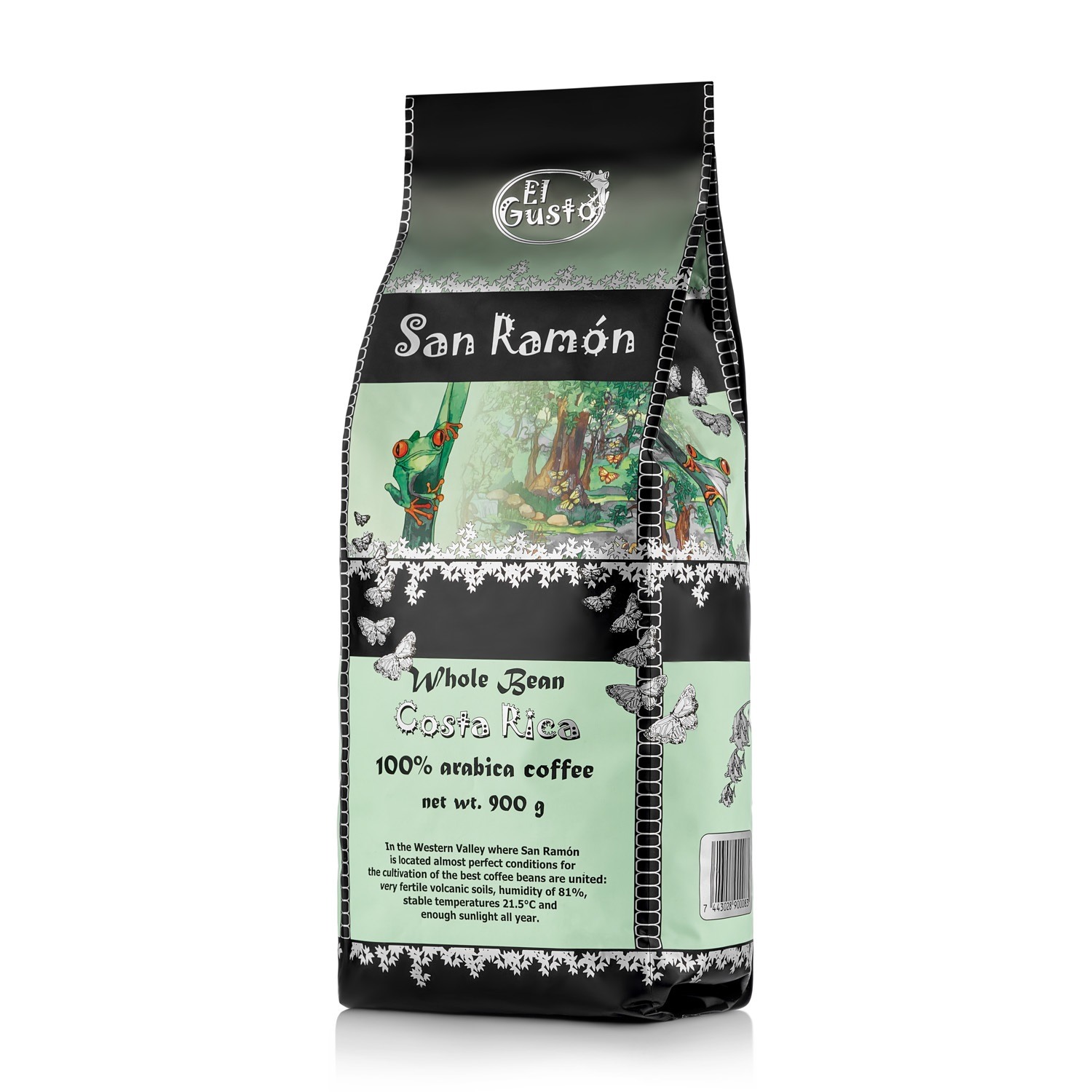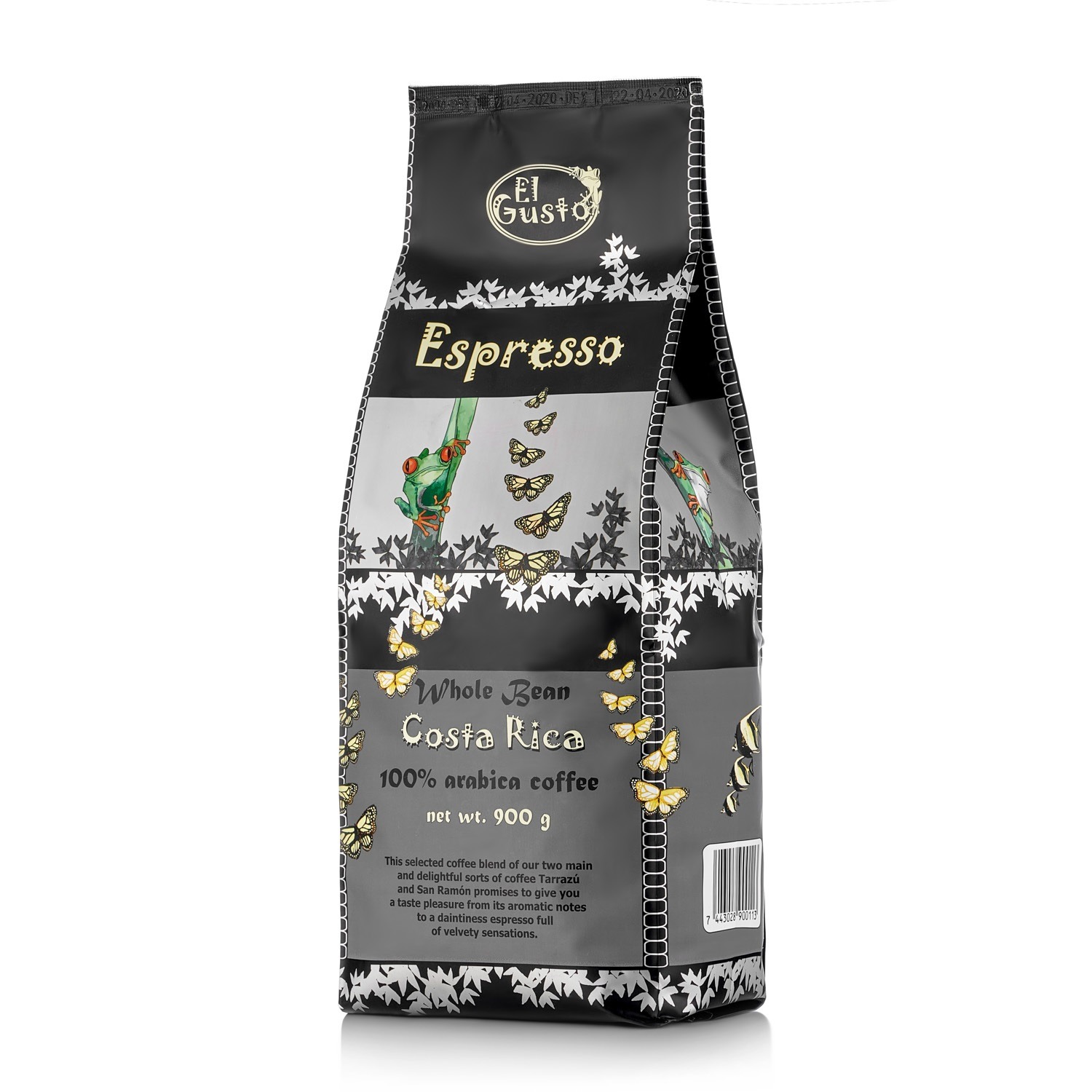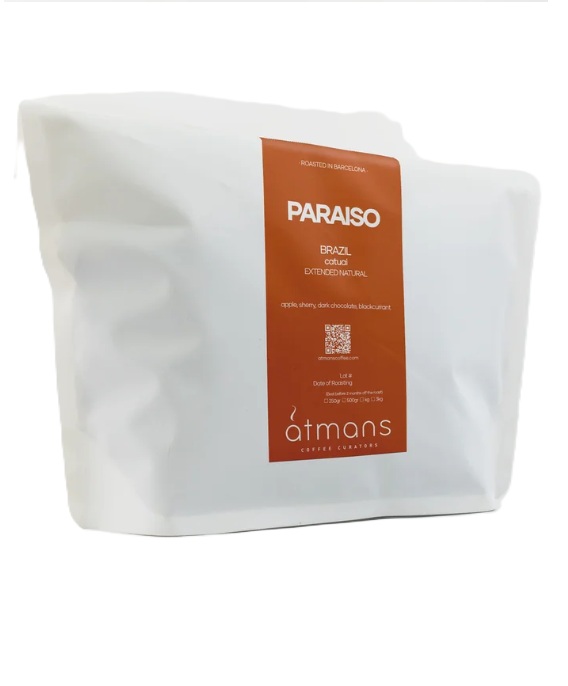
What is Turkish coffee? Caffeine, Health Benefits, Ingredients & Preparation
Table of Contents
- What is Turkish Coffee?
- What is the caffeine content of Turkish coffee?
- Health Benefits of turkish coffee
- How to make Turkish coffee?
- Turkish Coffee in the USA
- Conclusion
- What is so special about Turkish coffee?
- Is Turkish coffee stronger than regular coffee?
- How are you supposed to drink Turkish coffee?
- Do you put milk in Turkish coffee?
What is Turkish coffee? Caffeine, Health Benefits, Ingredients & Preparation
- azeem memon
- 01-10-2025
- 01-10-2025
- 928 views
- coffeepedia

If you’ve ever wondered what makes Turkish coffee so special, the answer is simple: it’s not just coffee, it’s culture in a cup. With its bold flavor, rich foam, and centuries-old ritual, Turkish coffee stands apart from every other brew in the world. From its ultra-fine grind to the way it’s served with water and sweets, every detail carries tradition. Today, this unique style of coffee isn’t just loved in Turkey and the Middle East — it’s also gaining popularity across the USA, where curious coffee lovers are embracing its taste, ritual, and health benefits.
What is Turkish Coffee?
Turkish coffee is one of the world’s most iconic coffee traditions. Known for its rich aroma, bold flavor, fine coffee grounds, and foamy surface, it’s more than a drink, it’s a ritual of hospitality, culture, and taste. Today, it’s enjoyed not only in Turkey and the Middle East but also in the United States, where it continues to gain popularity among coffee lovers and specialty cafés.
What is the caffeine content of Turkish coffee?
Turkish coffee has about 50–65 mg of caffeine per 2-ounce cup, making it slightly lower than a standard espresso shot but higher than most teas. Since it’s served in small cups, the caffeine impact is strong but not overwhelming, giving you energy without the jitters.
Health Benefits of turkish coffee
Turkish coffee is rich in natural compounds and antioxidants. Some potential benefits include:
- Boosts alertness & focus thanks to caffeine.
- Antioxidant-rich, helping fight free radicals.
- May support heart and brain health in moderation.
- Can aid digestion after meals due to its strong brew.
How to make Turkish coffee?
- Use ultra-fine ground Arabica beans (like powder).
- Add 1 cup of water per serving into a cezve (small copper pot).
- Add 1–2 teaspoons of coffee per cup and sugar if desired.
- Heat slowly on low flame without stirring once it foams.
- Remove when foam rises, pour into small cups, and let grounds settle.
Turkish Coffee in the USA
Turkish coffee is becoming popular in the U.S. thanks to cultural cafés, immigrant communities, and coffee festivals. Cities like New York, Chicago, and Los Angeles have authentic Turkish cafés where it’s served alongside baklava or Turkish delight. Specialty coffee lovers in America are drawn to its unique preparation, foam, and cultural story.
Conclusion
Turkish coffee is more than just caffeine, it’s a symbol of tradition, hospitality, and flavor. Whether enjoyed in Istanbul or New York, each cup carries history, ritual, and community. If you’re a true coffee fan, don’t forget to explore lovers.coffee, your ultimate marketplace for everything coffee.
What is so special about Turkish coffee?
Turkish coffee is special because of its unique brewing method, rich foam, and cultural traditions. The coffee is ground ultra-fine, brewed slowly in a cezve, and served unfiltered, which gives it a bold flavor and thick texture. It’s also tied to hospitality and even fortune-telling, making it more than just a drink.
Is Turkish coffee stronger than regular coffee?
Yes, Turkish coffee tastes stronger and more intense than regular drip coffee because it’s unfiltered and concentrated. However, since it’s served in small cups, the caffeine content per serving (about 50–65 mg) is usually less than a standard mug of brewed coffee.
How are you supposed to drink Turkish coffee?
Turkish coffee is meant to be enjoyed slowly in small sips. You drink the liquid but leave the grounds at the bottom of the cup. Traditionally, it’s served with a glass of water to cleanse your palate and often accompanied by Turkish delight or a sweet treat.
Do you put milk in Turkish coffee?
No, Turkish coffee is always served black, with sugar added during brewing if desired. Milk or cream is never used, as it would change the texture and spoil the foam that makes Turkish coffee distinctive.






















